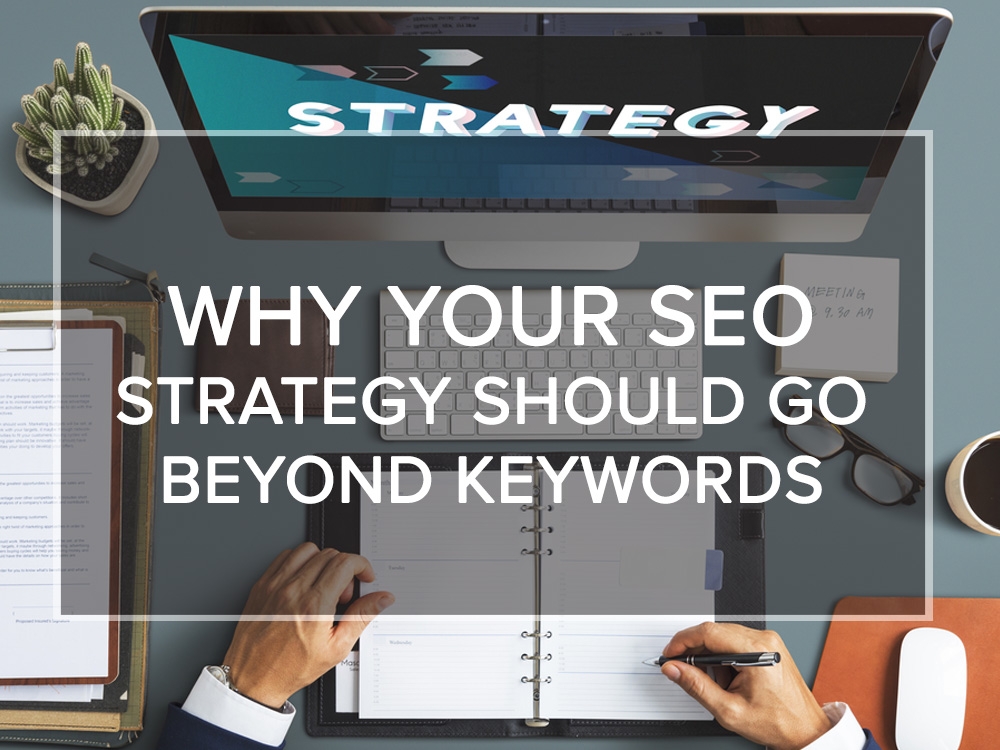Why your SEO strategy should go beyond keywords
December 1, 2016 | Websites
By Suzy Rounce
We always tell our clients, search engine optimization (SEO) is not about just getting one thing right—it’s about 200 different little things done right.
A common question we get is about website content and keywords, whether to use them and which ones to use. Keywords are not really used anymore the way many people think of them. Rather, Google looks for meta titles and meta descriptions (or information).
As this article explains, tags in your website’s code still matter, as does the context of what searches your website appears under. In other words, your website must actually address the needs it claims to address.
Google is also really smart. According to searchenginewatch.com, “When Google scans your site for information, it no longer pulls out the keyword phrases it thinks are relevant and pairs them to user queries. Instead, there’s an intermediary step. Google interprets the data on your website, and begins to form its own conclusions about what your site and your business really deliver.”
At Switchback Creative, we make sure our clients’ website content accurately describes their business, and we always develop websites with SEO best practices top of mind. Great SEO takes time—months, even years. A well-built website with a fast load speed, properly filled out meta data, rich snippet markup and awesome content will always trump keywords.
Here are a few tips on ways to improve your website’s SEO:
Solve a problem with original content.
We always encourage our clients to have a blog on their website. A blog allows you to position yourself as an expert, while also providing information your audience or customers can use. It allows you to share in a more in-depth way than simply posting on social media (which you should also be doing!)
Optimize the images on your blog.
This step is often overlooked, even by those who know to fill out meta descriptions. As the article states, “Because search engines can’t ‘see’ images the same way humans can, an image’s alt text tells them what an image is about, which ultimately helps those images be found in search.”
Familiarize yourself with long tail keywords.
These phrases are used less in search than one- or two-word keywords, but it is easier for your website to rank higher in search for long tail keywords. The key with any keyword or phrase is to work it naturally into your content.
Remember, (SEO) is not about just getting one thing right—it’s about 200 different little things done right. So start with a few small steps, and make a plan to keep on top of them.

